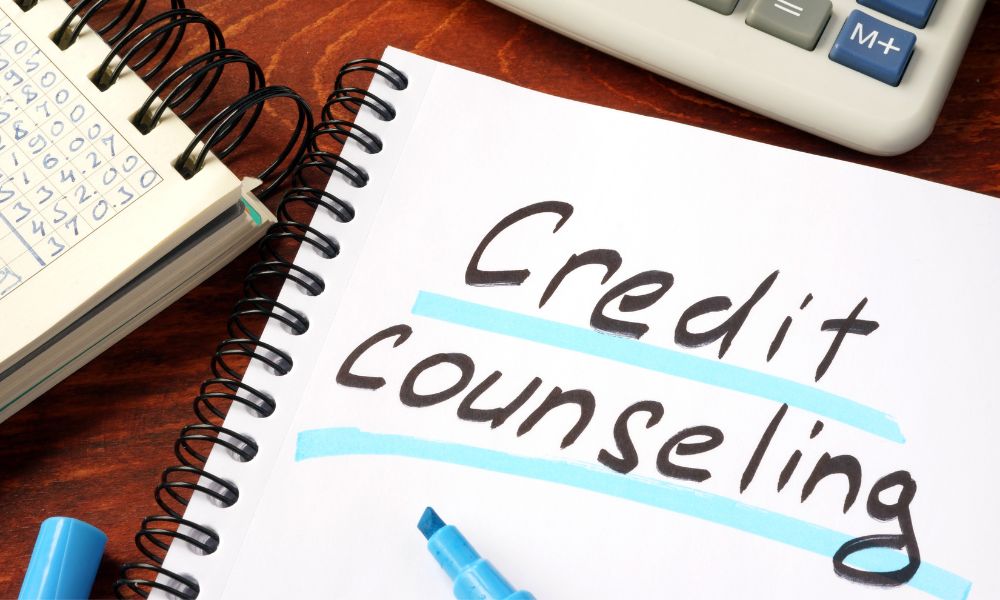
Most people have split views on filing for bankruptcy and its meaning. Some view it as an admittance of failure, while others view it as a way to start anew. Regardless of opinion, there’s no doubt that it is a daunting and serious choice to make. Before you make your final decision, there are a few alternatives to filing for bankruptcy that you should know about.
You May Already Be Judgment Proof
If you have very few assets or little income, you may be considered “judgment proof.” Essentially, this means that creditors can’t collect debt from you if you don’t have anything to collect, and they’re not allowed to take away your basic necessities. Your home, clothing, food, home furnishings, social security, and government assistance are all protected. If all of your debt is unsecured, your situation likely won’t change, your income can’t be garnished, and exemptions protect your property, you’re generally considered judgment proof.
Consider Credit Counseling
Seeking the assistance of a credit counselor can help you take hold of your debt before it gets out of control. Essentially, a financial counselor will review your income, debts, and expenses and help you make a budget. While you’ll likely need to pay back the full amount of your debts, working with a credit counselor won’t appear on your credit score like bankruptcy would. In some cases, this prudent planning can be all you need to get back onto solid financial grounds.
Organize a Debt Management Plan
A credit counselor can work with your creditors to devise a debt management plan (DMP) in more severe debt cases. This lets you slowly repay your debt in monthly increments over the course of a few years, and your credit counselor will help you determine how much to pay monthly. It is important to note that creditors aren’t required to accept a DMP. However, most of the time, they will accept it because if you file for bankruptcy, there’s a solid chance they won’t be able to collect anything.
Liquidate Your Assets
If your debt is more than 43 percent of your income, you’ll likely need some form of debt relief. However, if it hasn’t gotten to that point quite yet, liquidating your assets can help you get a handle on things and buy you more time. You may be wondering—won’t filing for bankruptcy liquidate all my assets for me?
This is only partially true, and one of the common myths about filing for bankruptcy is that someone will come into your home and take away all of your belongings. Most of your property is protected when you file for bankruptcy, and items such as your home, vehicle, clothing, and other valuables aren’t liquidated. However, when you liquidate your assets on your own, it won’t affect your credit like filing for bankruptcy will. Plus, you get to choose what to sell.
Fortunately, there are many alternatives to filing for bankruptcy, but you should know that if you do have to declare bankruptcy, it isn’t a moral failing. Many people struggle with debt, and that doesn’t automatically mean you’re irresponsible. Don’t be afraid to seek help if you’re struggling with debt. There are people out there who are willing to help.






